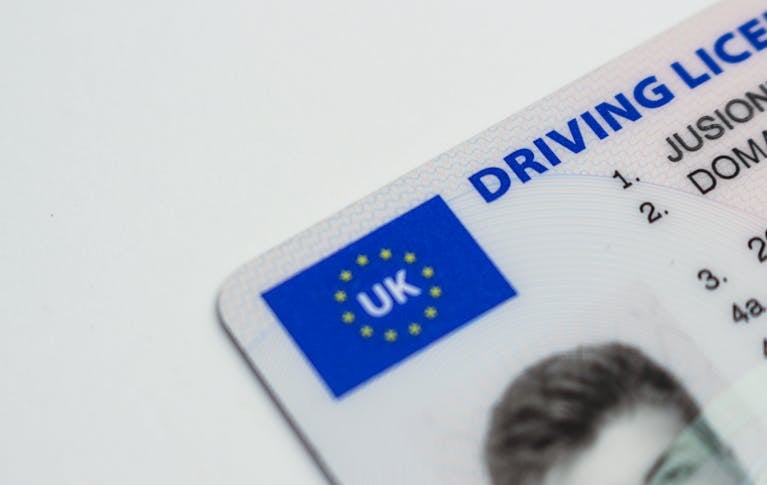When Can You Refuse a Data Subject Request?
Under GDPR, companies can refuse rights requests that are manifestly unfounded or excessive. Learn when and how to lawfully say no. You can refuse to act on a GDPR request if it’s manifestly unfounded or excessive. This includes: If you refuse, you must: 💡 Tip: Keep a clear record of all refused requests and your…






